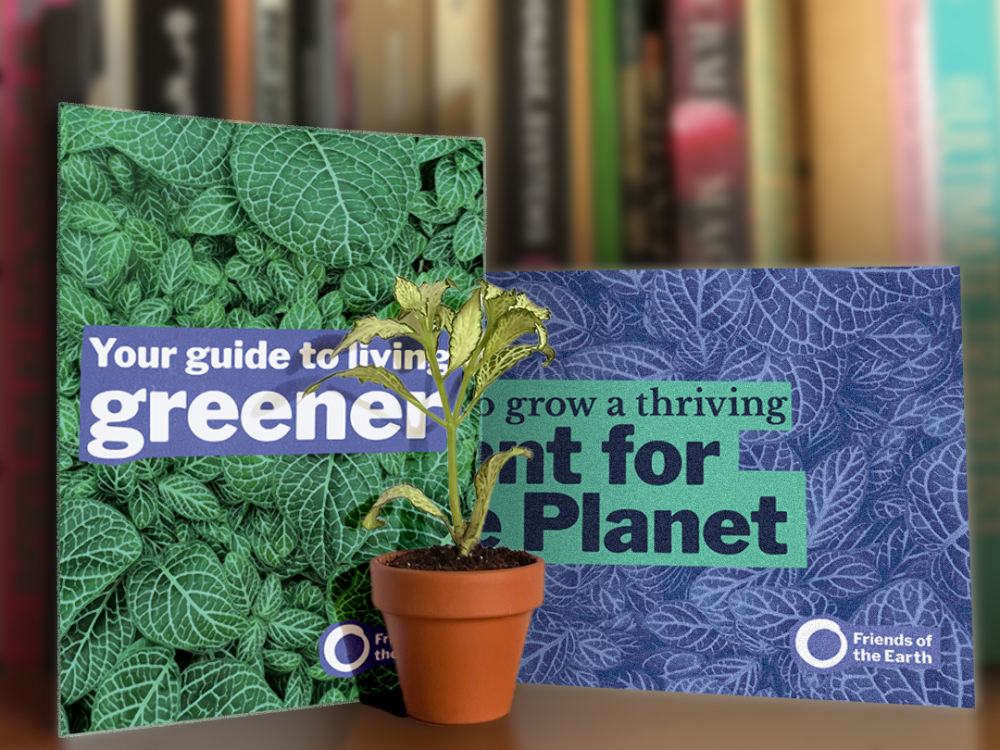
Does your neighbourhood have enough green space?
Nature is hugely beneficial to our health and wellbeing, as well as being key to a healthy planet. Yet millions of people across England lack access to good quality green space.
We've analysed data to uncover the best (and worst) neighbourhoods for access to green space. Is your neighbourhood one of the unlucky ones? Enter your postcode to find out.
Stop the government’s plan threatening nature
Sign our petition









